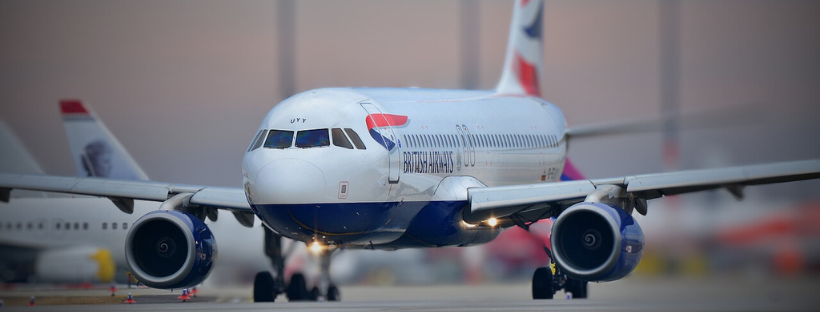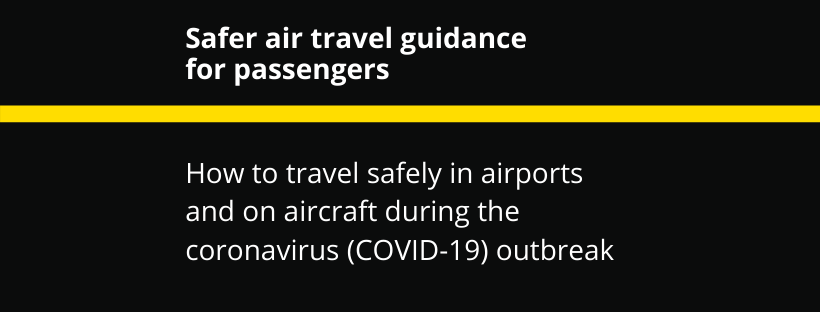UK airspace modernisation to deliver faster, cleaner flights and reduce travel disruptions
The UK government has launched a consultation on the largest reform to airspace design in 70 years, aimed at reducing flight delays, cutting emissions and supporting economic growth by modernising UK airspace.
The Department for Transport (DfT) has unveiled plans to establish a UK Airspace Design Service, a dedicated team of aviation experts tasked with updating the way planes fly in and out of the UK, starting with London’s congested airspace.
By upgrading these “highways of the sky”, the government aims to reduce bottlenecks, improve efficiency, and enhance sustainability.
The consultation, open until 17 December 2024, seeks views on how to modernise UK airspace, a key manifesto commitment. The DfT and Civil Aviation Authority (CAA) are exploring how the proposed UK Airspace Design Service could deliver significant improvements, such as shorter flight routes, fewer delays and reduced noise pollution.
With over 2.6 million flights passing through UK airspace each year, the need for modernisation is clear. A particularly busy July saw over 8,239 flights on some days, putting a strain on outdated systems designed in the 1950s.
Mike Kane, Minister for Aviation, highlighted the need for modernisation:
UK airspace is one of the nation’s biggest invisible assets, but it’s been stuck in the past – a 1950s pilot would find that little has changed. Our once-in-a-generation creation of a UK Airspace Design Service will not only drive forward airspace modernisation and create a system that’s fit for the future, but it will help create quicker routes, ease delays and reduce harmful emissions – making air travel a better experience for all.
Modernisation will leverage advanced navigation technologies, reducing the need for planes to hold in the air and allowing more continuous climb and descent paths. London – the UK’s busiest airspace region – is a focal point for these reforms due to its impact on the rest of the country.
Rob Bishton, Chief Executive of the CAA, added:
Modernising our airspace is crucial to delivering a more efficient, sustainable and resilient system. The proposals we’ve outlined today set out the next steps in our ongoing efforts to progress the modernisation of UK airspace.
This reform will align with the government’s commitment to achieve net zero emissions by 2050, aided by reductions in the time aircraft spend in the air. The airspace updates will also complement other sustainability initiatives, such as the use of sustainable aviation fuel (SAF).
Paul Baker, Sales Director of Global Travel Management, commented on the benefits for business travellers:
The modernisation of UK airspace promises to transform the experience for business travellers, making flights quicker, quieter and greener. UK-based businesses can look forward to more efficient journeys, fewer delays, and a reduced environmental footprint.
The consultation represents an opportunity for stakeholders, including passengers, airlines, and local communities, to shape the future of air travel in the UK. Martin Rolfe, CEO of NATS, welcomed the initiative:
Any initiative that can help speed up the modernisation programme for UK airspace is very welcome, especially in London and the South East. This is the next big step in modernising UK airspace following the work we have already completed in other parts of the country.
With strong support from the aviation industry, including AirportsUK and Airlines UK, the government is positioning the UK as a global leader in airspace modernisation. Karen Dee, Chief Executive of AirportsUK, said the move “marks a positive step forward” and demonstrates the UK’s commitment to staying at the forefront of aviation technology.
You can respond to the consultation from 9am on 22 October until 11:59pm on 17 December 2024.












